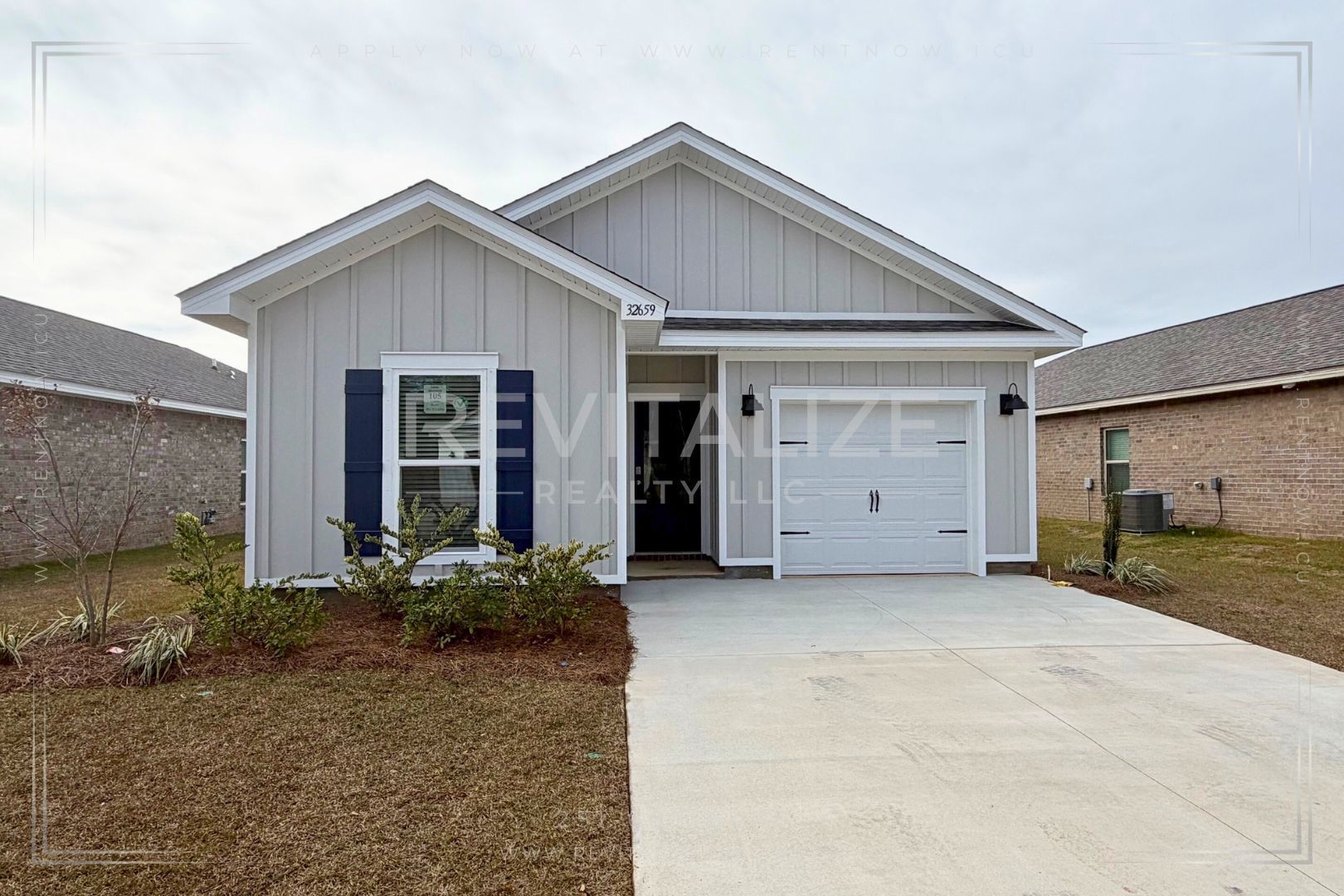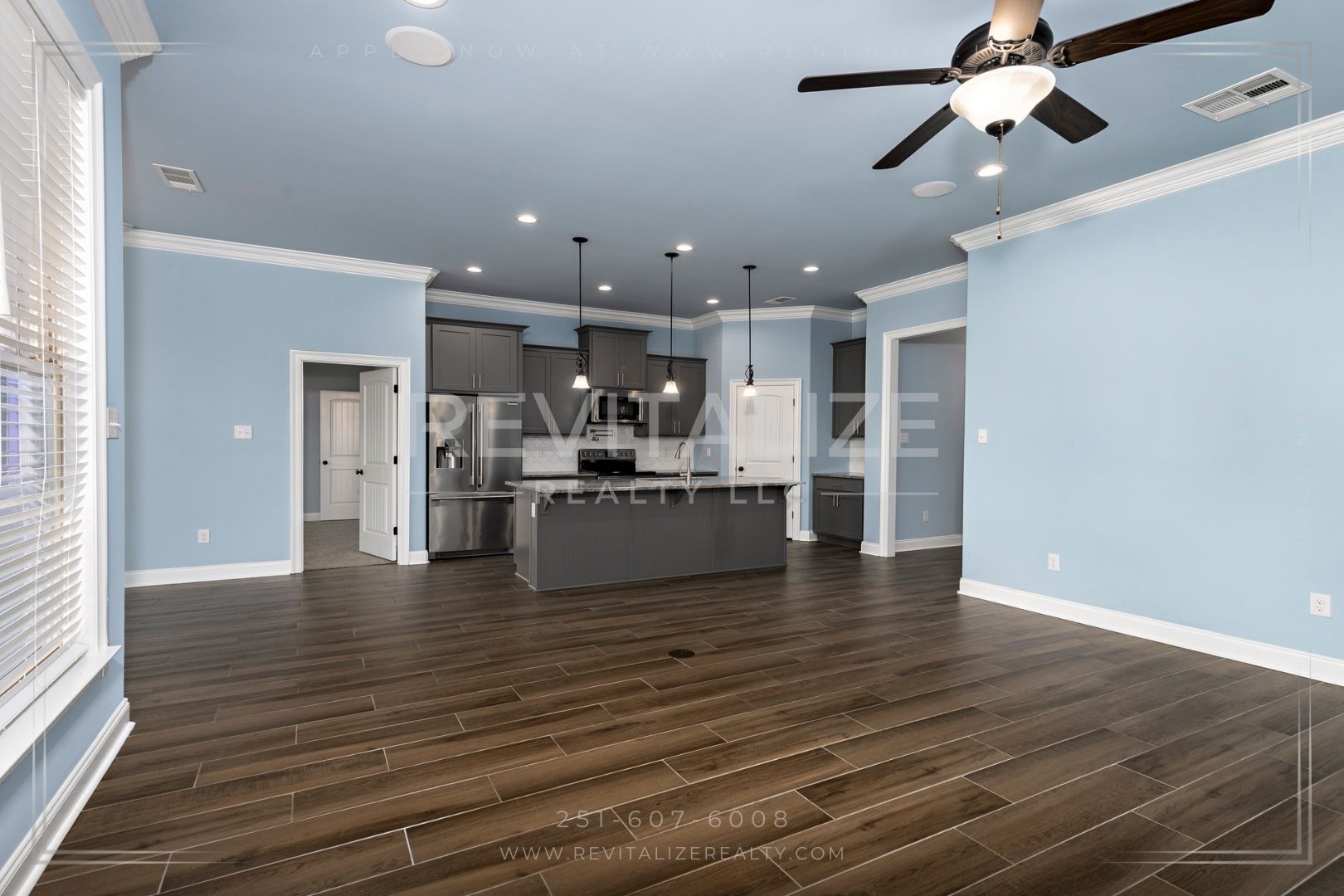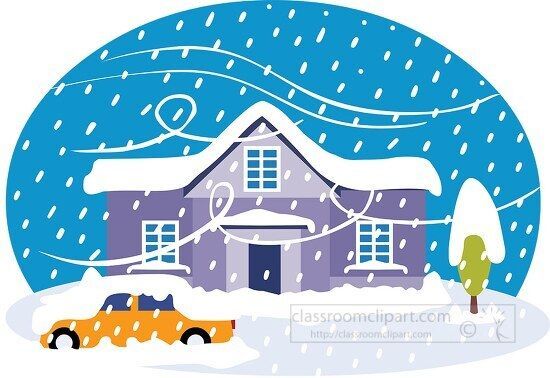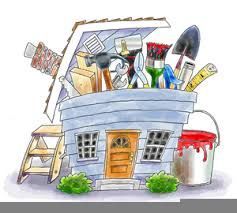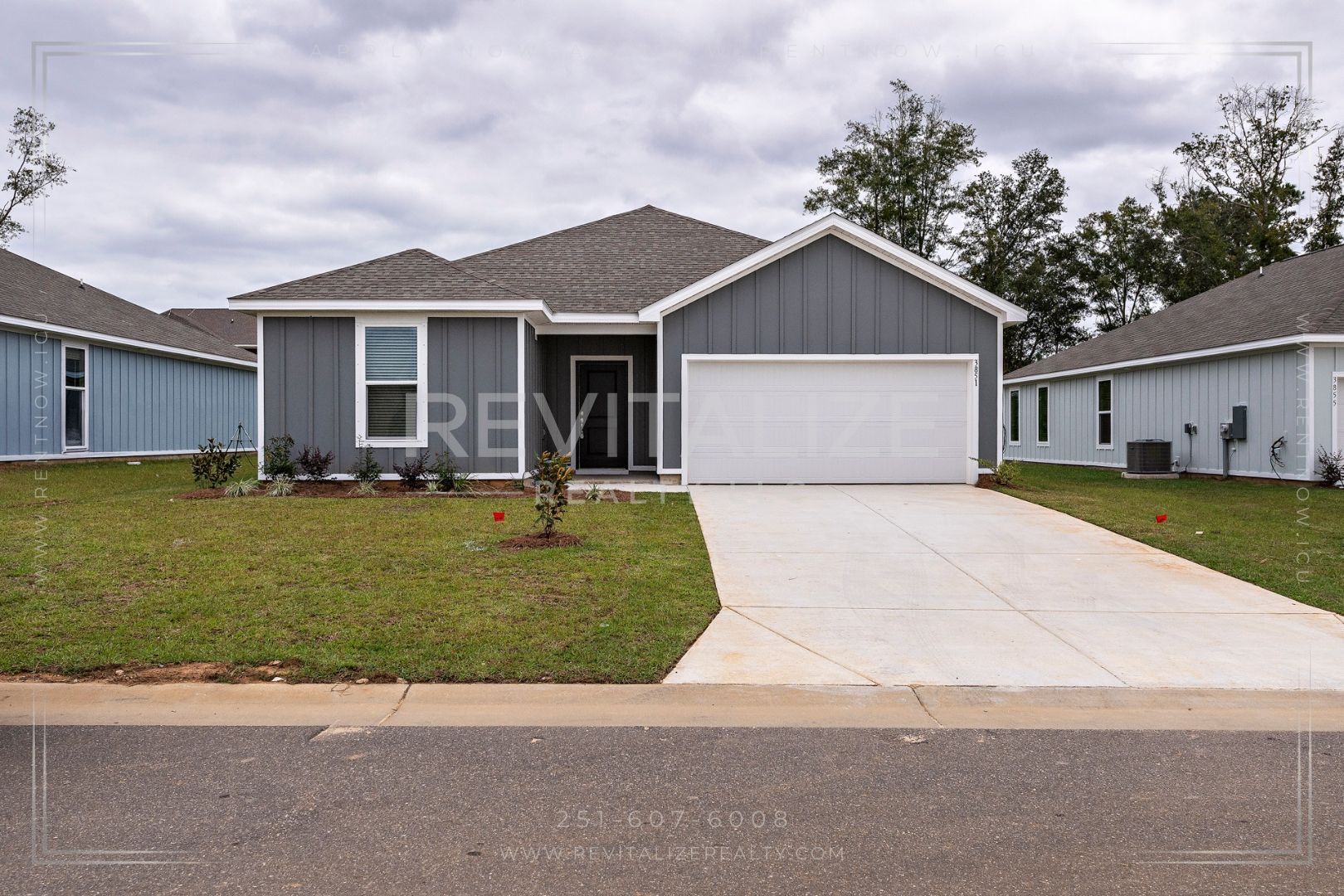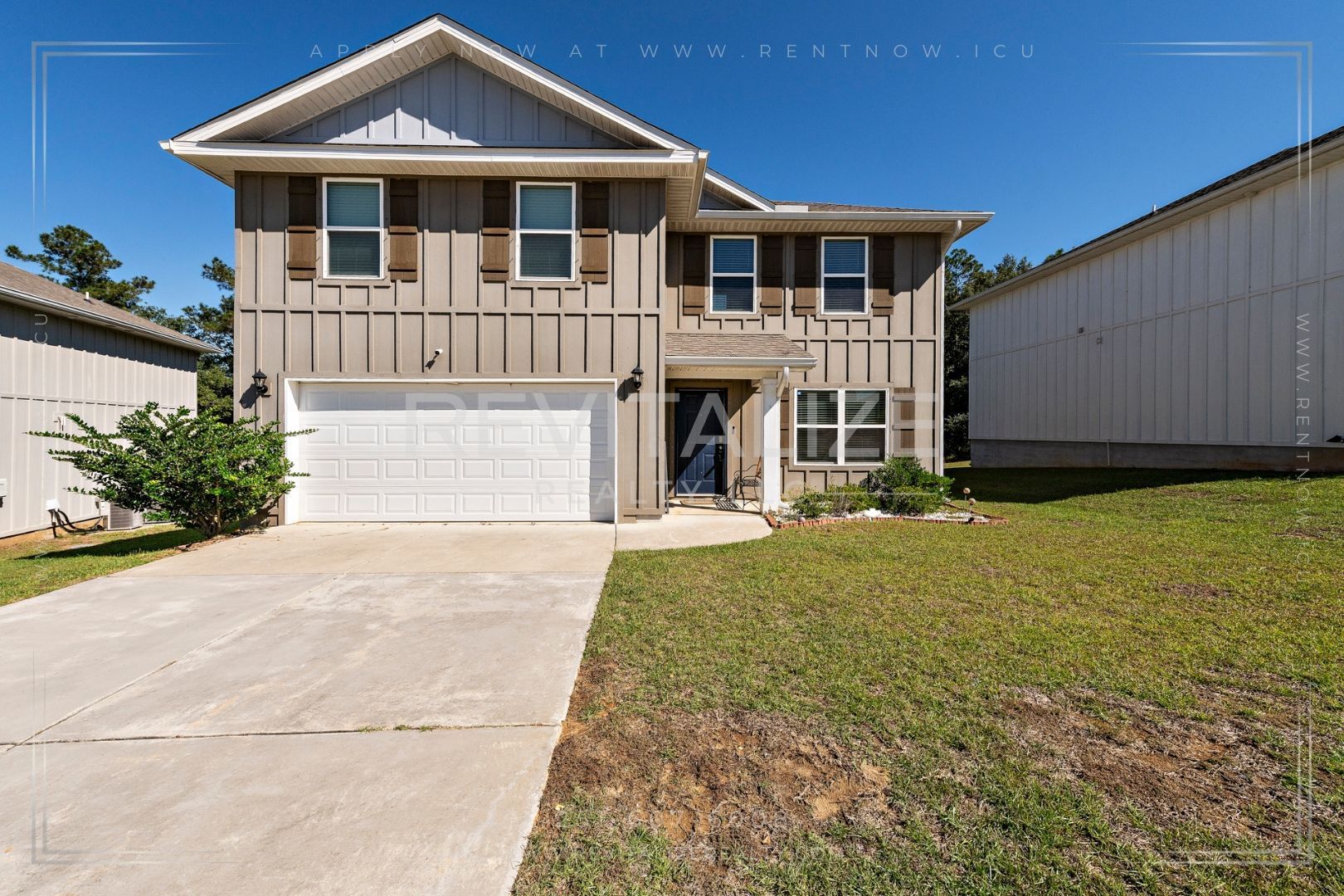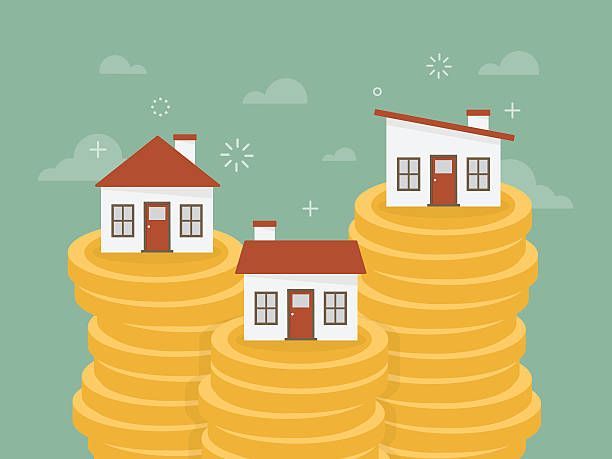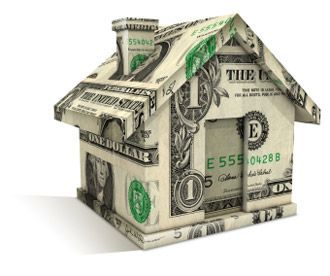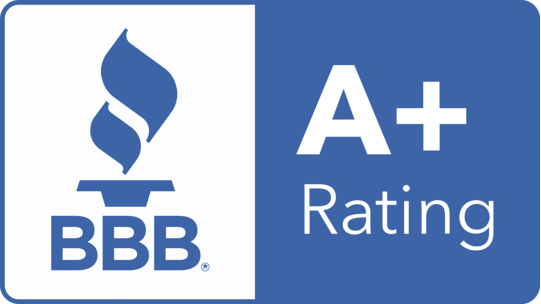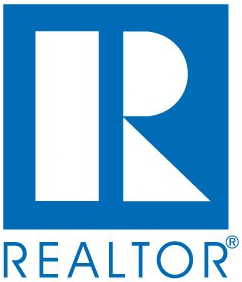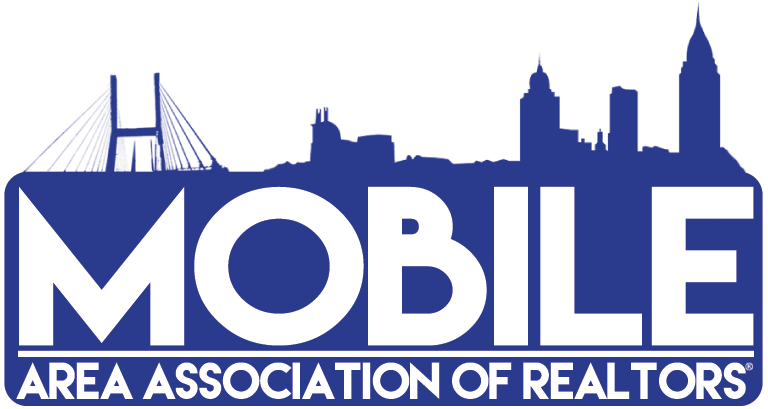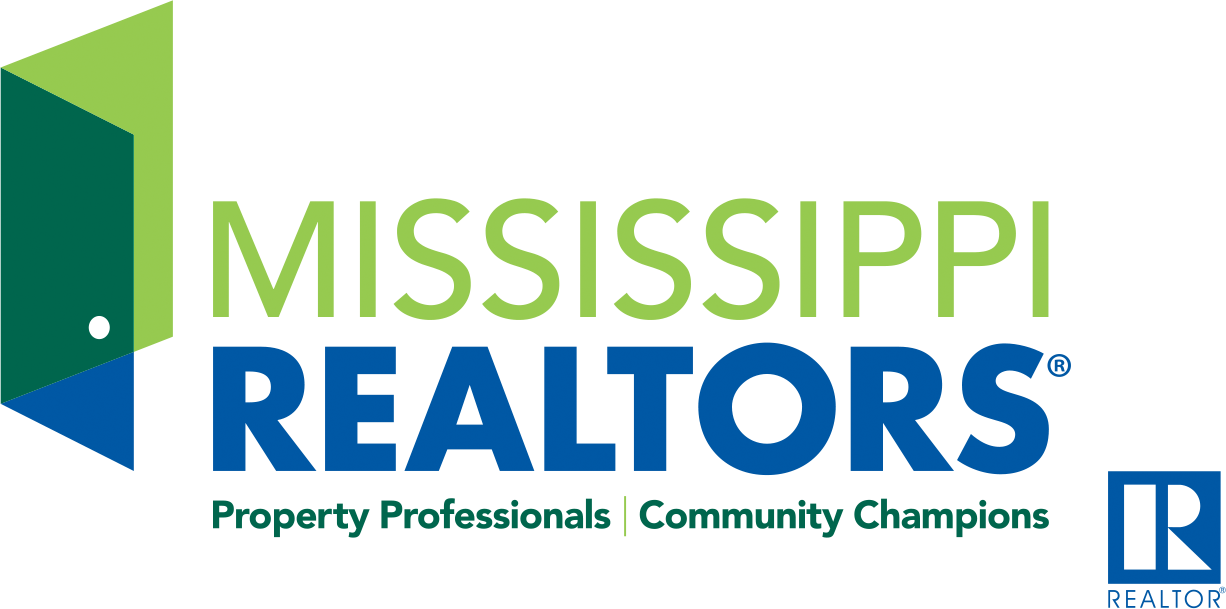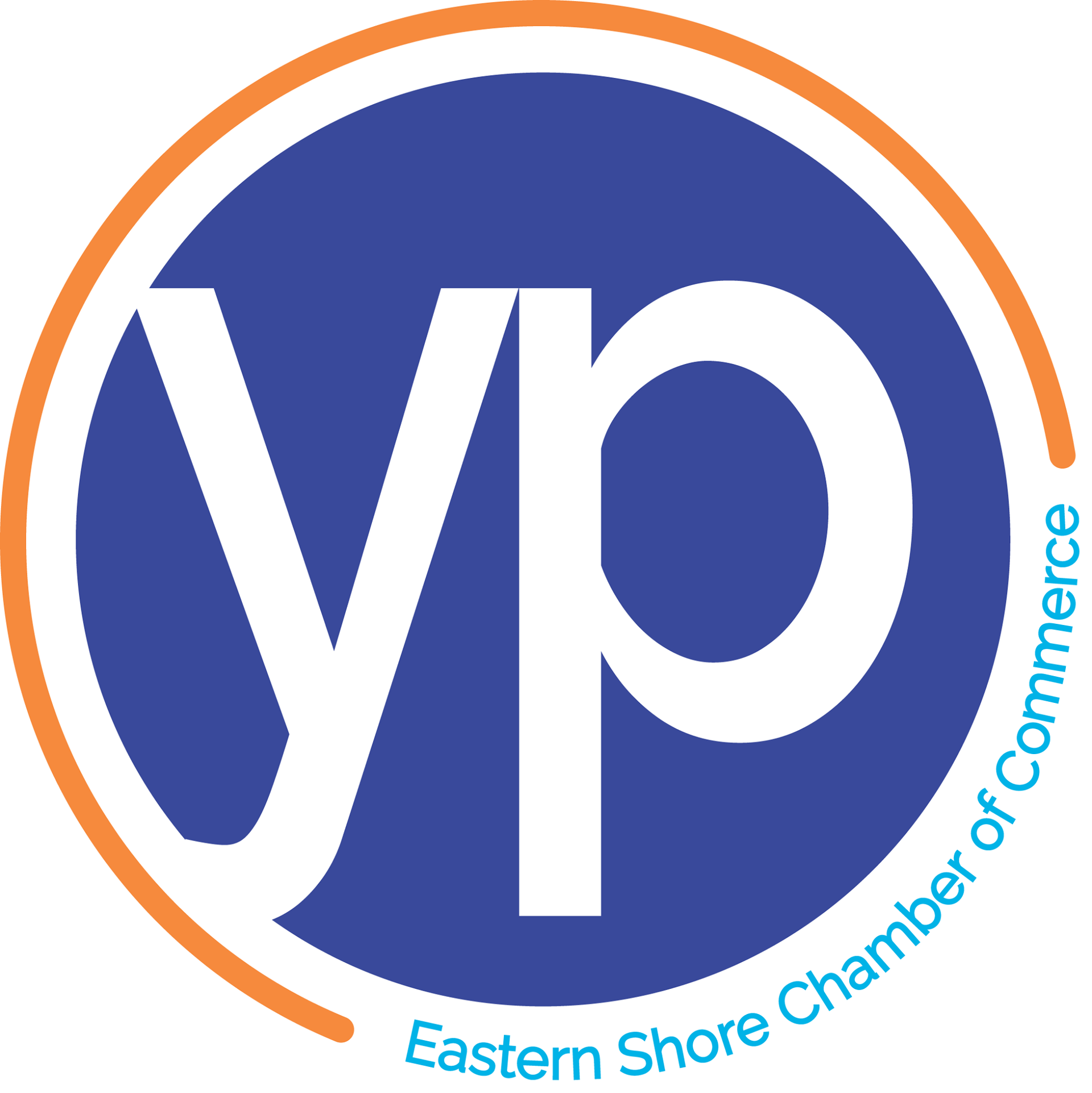Putting Off Maintenance? DON’T
Why Deferred Maintenance Is Never a Good Idea for a Rental Property, or Any Property.
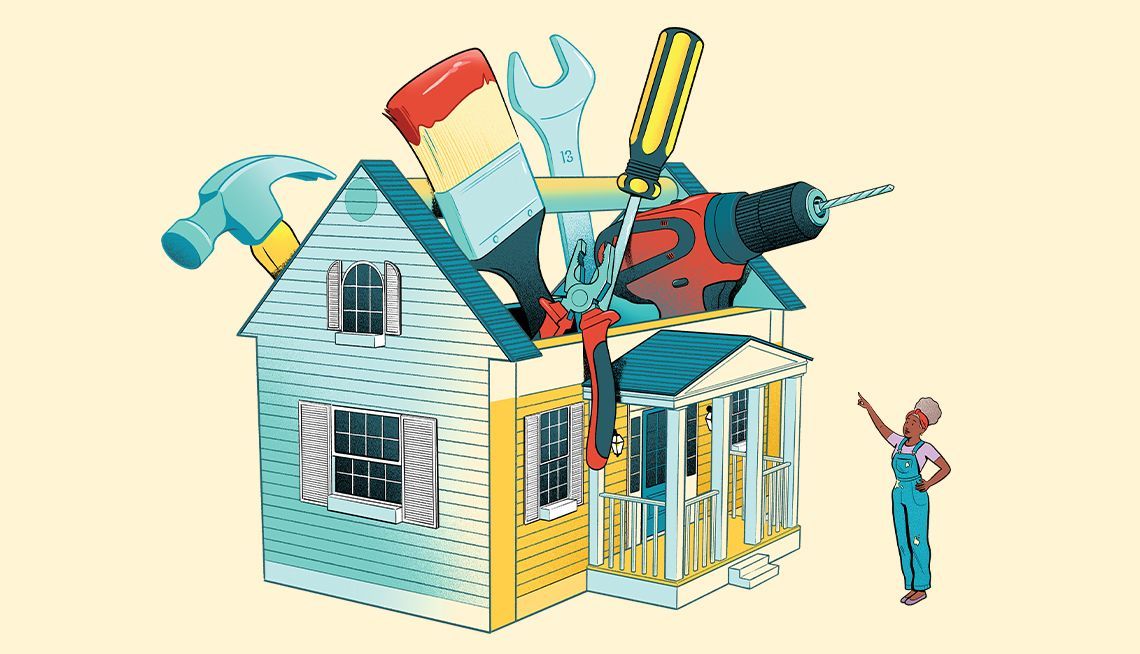
When it comes to managing a rental property, many landlords face the temptation of putting off maintenance to save money in the short term. While it might feel like a way to cut costs or avoid inconvenience, deferred maintenance is one of the fastest ways to devalue your property and frustrate your tenants. Simply put, postponing necessary repairs or upkeep almost always ends up costing more—financially and reputationally—in the long run.
1. Small Issues Quickly Become Big Problems
That tiny roof leak, minor plumbing drip, or small crack in the foundation may not seem urgent, but over time these “little” issues often snowball into major, expensive repairs. A roof patch that costs a few hundred dollars today could turn into thousands in water damage remediation later. Similarly, ignoring a minor HVAC issue could lead to complete system failure in the heat of summer, leaving tenants without essential services and you with a hefty emergency repair bill.
2. Tenants Notice—and They Remember
Your tenants are living in the property every day, which means they notice when things are broken, outdated, or neglected. Failing to address maintenance concerns creates frustration and can make tenants feel like their comfort and safety are not a priority. This often leads to higher turnover rates, more complaints, and even negative online reviews. Happy tenants, on the other hand, are more likely to renew leases, care for the property, and recommend your rentals to others.
3. Deferred Maintenance Decreases Property Value
Your rental property is one of your largest investments. Allowing maintenance issues to linger directly impacts its value. Properties with outdated systems, visible damage, or neglected landscaping lose curb appeal and attract lower-quality tenants. When it comes time to refinance or sell, the appraised value may be far lower than expected, all because of maintenance items that could have been resolved incrementally.
4. It Can Lead to Legal and Safety Issues
Landlords are legally obligated to provide safe, habitable housing. Ignoring repairs related to heating, plumbing, electrical systems, or structural integrity may put you in violation of landlord-tenant laws. In Alabama, for instance, landlords must address essential service repairs within a reasonable time frame. Failure to do so could result in legal disputes, rent withholding, or even penalties.
5. Proactive Maintenance Saves Money
Regular inspections and preventative maintenance keep small issues under control and extend the lifespan of expensive systems like HVAC, plumbing, and roofing. While routine upkeep requires ongoing investment, it’s always cheaper than paying for major repairs or replacements after damage has spiraled out of control.
Deferred maintenance may seem like a way to save money, but it often creates bigger financial, legal, and tenant-relations problems down the road. Staying proactive with repairs not only protects your investment but also ensures your tenants enjoy a safe, comfortable home they’ll want to stay in long term.


